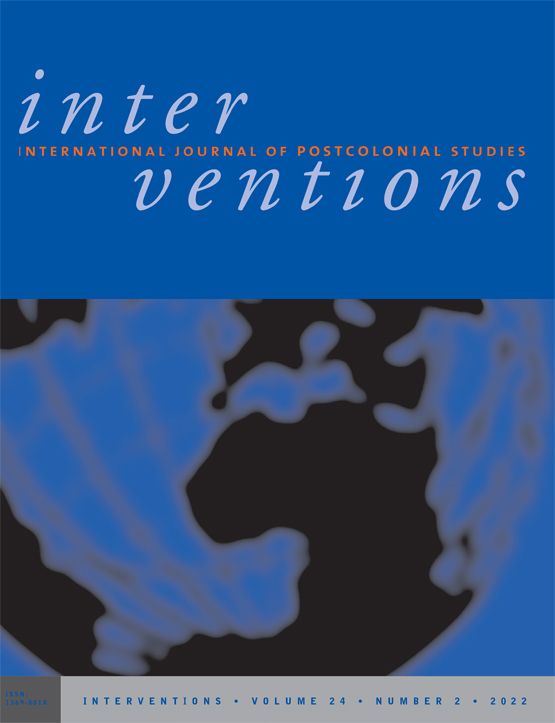by Ann McGrath
Using a case study from one of Australia’s most significant deep history sites, “People of the footprints” shows how reconciliatory efforts to share the western scientific kudos attached to discovery have proved an uncomfortable fit with Indigenous cultural values. When a young Mutthi Mutthi woman was credited with discovering an ancient human trackway at Lake Mungo in western New South Wales, Australia in 2003, it exposed not only the footprints of her ancient ancestors of approximately 20,000 years ago, it also revealed the difficulties posed by discovery narratives for Indigenous people. Celebrating a “discovery”, with its associated “first observer” implications, is thought to be prestigious in mainstream European histories and science, yet such narratives are steeped in the justifications and mythologies of imperial sovereignty – the very ones that led to Indigenous dispossession. They are also fundamental to the kinds of western scientific paradigms that refuted Indigenous knowledge systems. Contrasting Indigenous ideas of the deep past with those of archaeologists and historians, this essay explores the problematic nature of attributing a deep time “discovery” to an Indigenous individual. Following Indigenous rewritings, and other acts of displacement and resistance, it argues the ongoing nature of the Indigenous custodians’ affective, intimate and living relationships with their ancient past.


